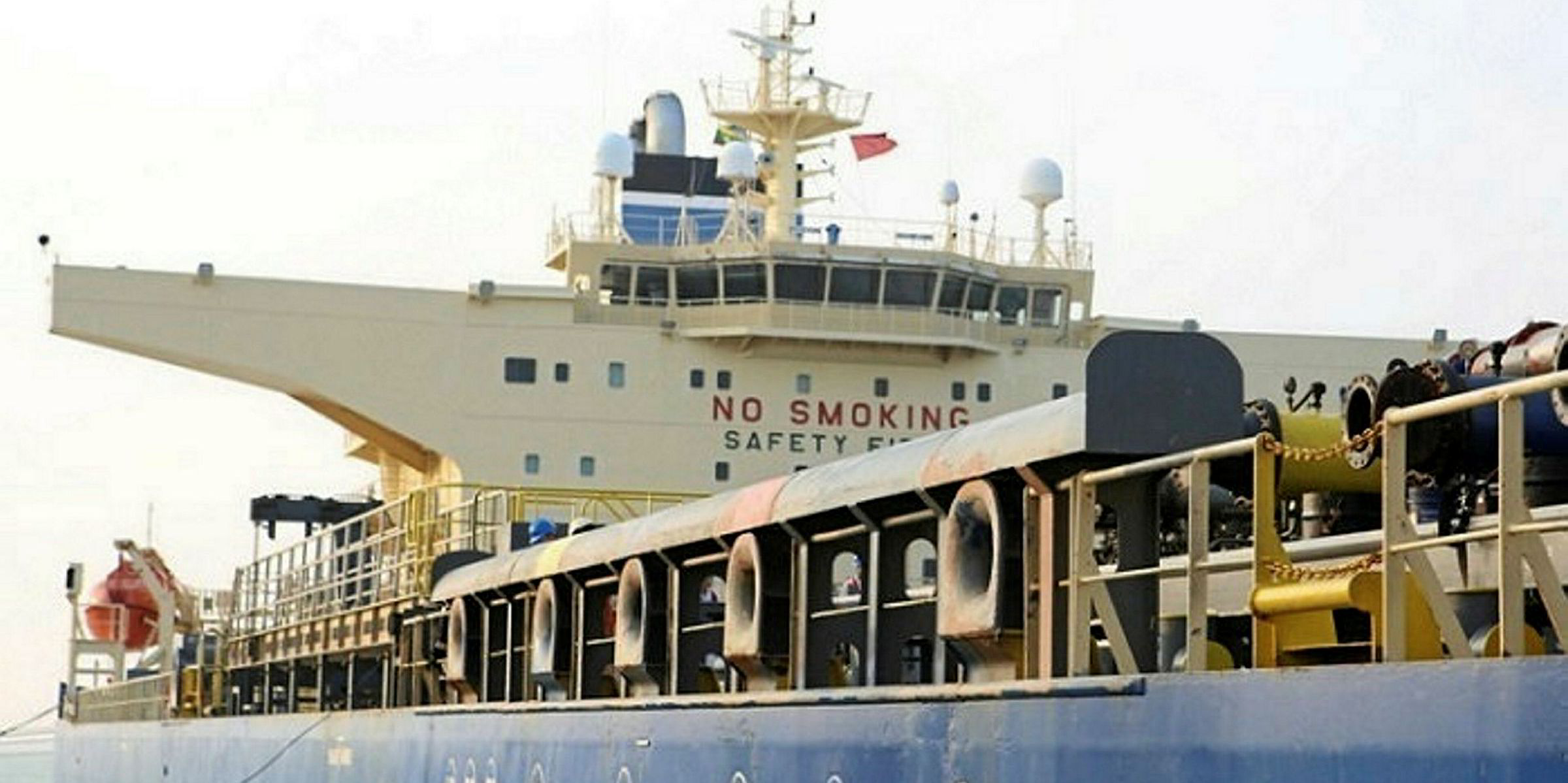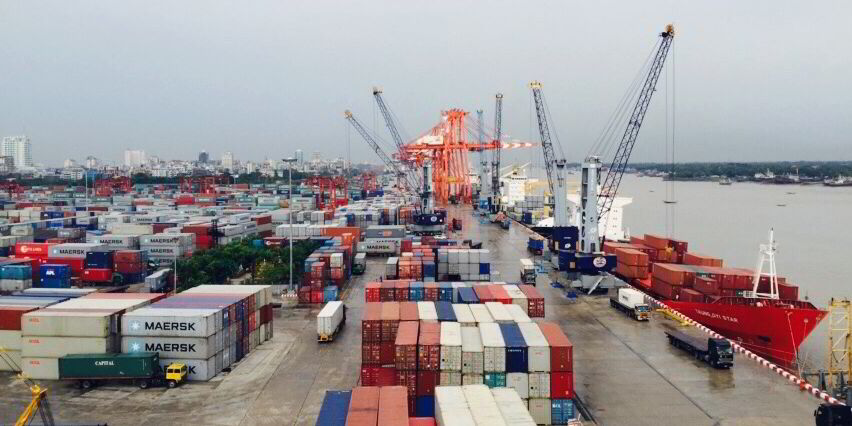China’s state-run CITIC Group has signed a $1.3bn deal to develop a deepwater port in Kyaukpyu, Myanmar, smaller than originally planned amid growing international wariness over Beijing’s Belt and Road Initiative (BRI).
Based on a framework agreement, a CITIC-led consortia will form a joint venture with Myanmarese interests to build two berths in the port located on the western tip of Myanmar's conflict-torn Rakhine state, Chinese state media reported.
The development came after the consortia, composed of CITIC, China Harbor Engineering Co, China Merchants Group, TEDA Investment Holding and Yunnan Construction Engineering Group and Charoen Pokphand Group, won a tender to build 10 berths in Kyaukpyu in 2015.
With a total budget of $7.3bn, the original project was designed to have an annual handling capacity of 7.8 million tonnes of dry bulk goods and 4.9 million teu of containers on the Made Island and the Yabye Island, according to a government website.
However, the framework agreement was only reached after the CITIC-led consortia agreed to reduce its stakeholding from the originally planned 85% to 70% in a scaled-down project. The Myanmarese interests will own 30% of the project while shouldering more costs.
Kyaukpyu already has a VLCC terminal and a 440,000-barrels-per-day crude pipeline to China’s southwestern province of Yunnan that began operations in 2017.
The Kyaukpyu developments are part of Chinese president Xi Jinping’s BRI that aims to promote transport links among economies in Asia, Middle East, Europe, Africa and beyond.
While those developments can help reduce China’s logistics costs via bypassing the Strait of Malacca, Naypyidaw has been reportedly weary of the piling debts in some countries where BRI projects are developed, including Pakistan and Sri Lanka.
“In countries where public debt is already high, careful management of [BRI] financing terms is critical,” International Monetary Fund managing director Christine Lagarde said earlier this year.
“This will protect both China and partner governments from entering into agreements that will cause financial difficulties in the future.”





